Assuming the Best
As I’ve worked with teams the past few weeks, one dominant theme has emerged – we assume the worst of others. It doesn’t make sense because none of us individually want to have someone else think the worst of us, but we usually don’t hesitate to assume the worst about others.
Why do we jump to the worst? Often times it’s related to the perception piece I talked about in last week’s blog. We interpret the other person’s behavior. For example, one of the participants in my session was very blunt, straight-forward and time-driven. The others on her team assumed she wanted to steam roll them. She didn’t! She wanted to get work done and was simply trying to get the team to fast client service.
On the flip side, this participant looked at those who were carefully thinking through all options, to the point of not responding in a way she felt was timely. Her perception, the others were trying to bottleneck the system and weren’t meeting client needs.
When we assume the worst, we assume we have the only correct perspective. When we switch our mindset to assume the best, we acknowledge the gifting of everyone on our team.
One thing you can do as teams is get into the habit of thinking in terms of mutual purpose. What do we all want for our clients or customers? What are we both trying to achieve?
Odds are good, if you think rationally about those questions, you’ll find you both want the best. Start there. Assume the best and see the difference it makes on your team.
Keynote speaker, trainer, and consultant, Sarah Gibson, helps organizations leverage the power of communication, teamwork and diversity to improve engagement and transform teams. To buy her book or inquire about her speaking programs, please visit www.sarahjgibson.com.



